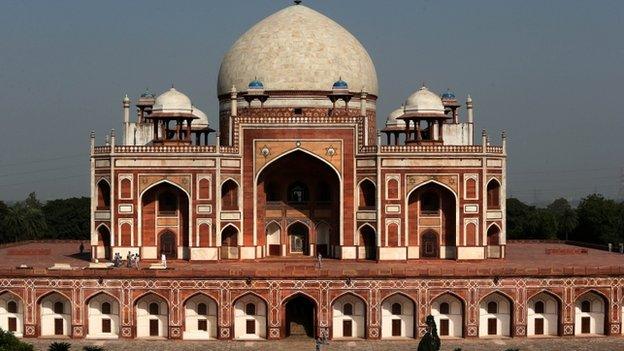Karachi bus massacre: Who are the Ismailis?
- Published
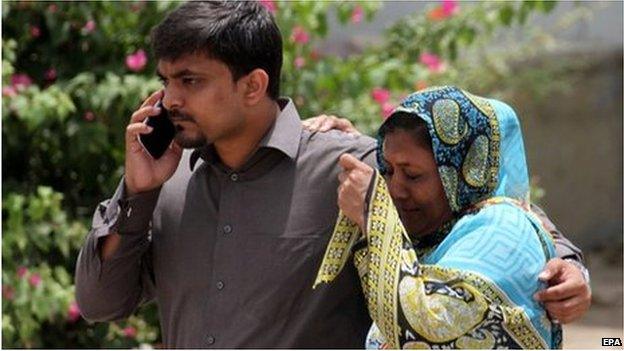
At least 45 Ismaili Shia Muslims were killed when a bus was boarded by gunmen
Dozens of members of Pakistan's Ismaili Shia minority have been killed in an assault by gunmen on their bus in Karachi. The attack came as a shock - even in a city where sectarian violence has been rife. Here is a look at the Ismaili community.

How are Ismailis different from other Muslims?
Muslims are divided into two major groups, Sunnis and Shias. There are various sub-sects within each. All Shias believe in the Imamat - or spiritual leadership - of Ali, Prophet Muhammad's son-in-law and fourth Caliph.
After him, different sects follow different descendants of Ali as their Imam. Ismailis revere a number of Imams including Imam Ismail who died in 765 AD.
Ismailis interpret the Koran symbolically and allegorically and believe in a religious hierarchy.
In Pakistan, the largest Shia group, the Asna-e-Ashari, has been the main target of armed Sunni extremists.
Ismailis, Bohras and other smaller Shia sects, though occasional targets, have largely stayed unhurt, because of their smaller populations, relative affluence and their tendency to live in close-knit community.
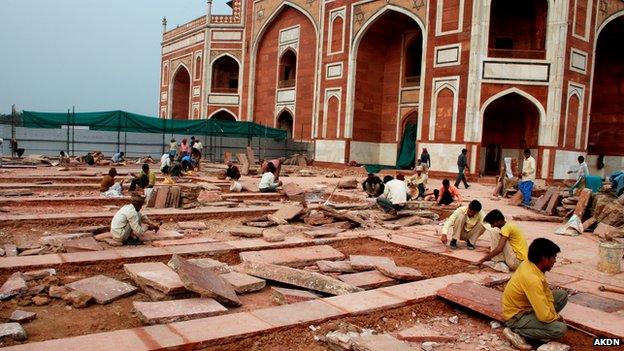

How many Ismailis are there and where are they?
They say they have a population of about 15 million people worldwide, including 500,000 in Pakistan. There are also large populations in India, Afghanistan and Africa.

How do they live?
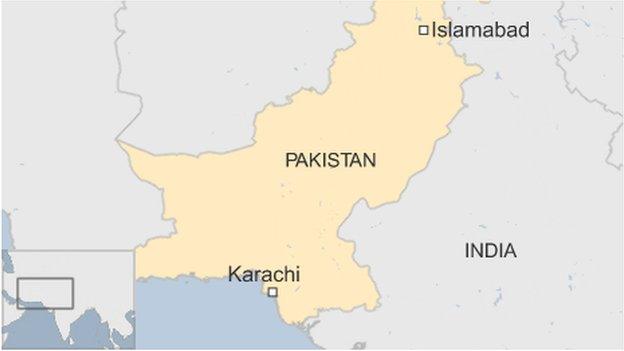
In Pakistan, the Ismaili urban population is mostly concentrated in Karachi. But they have a presence in most major cities in Sindh, Punjab and parts of Khyber Pakhtunkhwa province. They are mostly rich businessmen from the Gujrati-speaking belt of India, or small traders and office workers from Sindh.
They tend to live close to their mosques, often apart from other communities. This indicates a feeling of insecurity which pervades minorities everywhere in Pakistan.

Who is their spiritual leader?
He is Prince Karim Aga Khan - or His Highness Prince Karim Aga Khan IV to give him his full title.
He is the 49th hereditary Imam of the Ismaili Muslims and they trace his lineage directly to the Prophet Muhammad.
He succeeded his grandfather in 1957 at the age of 20.
He lives in France, has a British passport, graduated from Harvard University and is among the top 15 of the world's wealthiest royals, according to Forbes magazine, external, with an estimated wealth of $1bn (£640m) in 2008.

Does he not own a lot of race horses?
He does. He is a leading owner and breeder of race horses in France, Ireland and the UK. He bred Shergar, once the most famous, and most valuable racehorse in the world.


That sounds unusual
Indeed. The Muslim Times, external describes the Aga Khan as a "paradox". It writes: "The Pope of his flock, he also possesses fabled wealth and inhabits a world of marvellous châteaux, yachts, jets, and Thoroughbred horses. To be sure, few persons bridge so many divides - between the spiritual and the material; East and West; Muslim and Christian - as gracefully as he does."
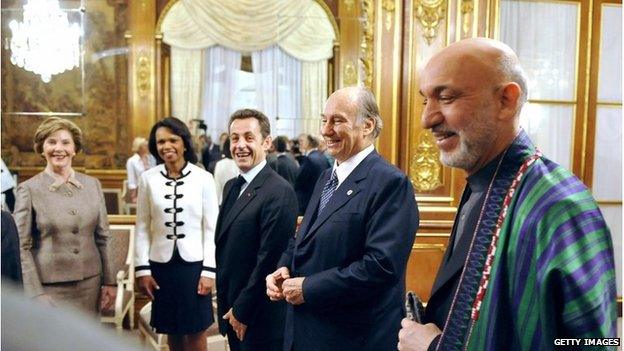
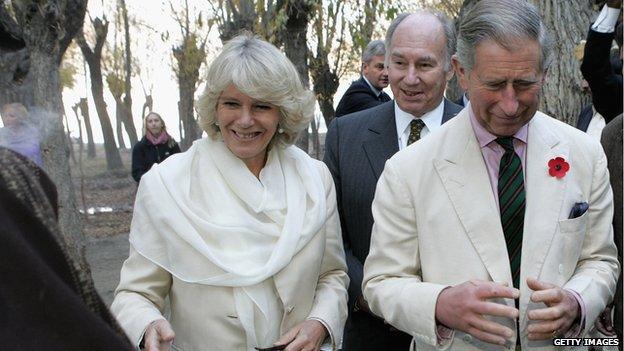
The Institute of Ismaili Studies says he continues a tradition of "strict political neutrality" but he is often present at conferences of world leaders when Central Asia is on the agenda.

What else is the Aga Khan known for?
He is the founder of the Aga Khan Foundation, a charity, and a business magnate.
He gives his name to bodies including a university in Karachi, and the Aga Khan Program for Islamic Architecture at Harvard University and the Massachusetts Institute of Technology.
The Aga Khan Trust for Culture was key to the restoration of the Humayun's Tomb site in Delhi. There is an annual Aga Khan Award for Architecture.
And he founded the Nation Media Group, which has become the largest independent media organisation in east and central Africa.
After the Karachi attack he issued a statement saying the Ismailis were a "peaceful global community living in harmony with other religious and ethnic groups in many countries across the world, including in the Muslim world".
- Attribution
- Published30 August 2012
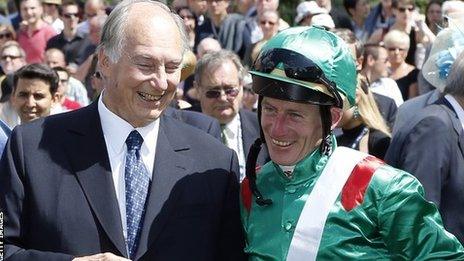
- Published13 September 2013
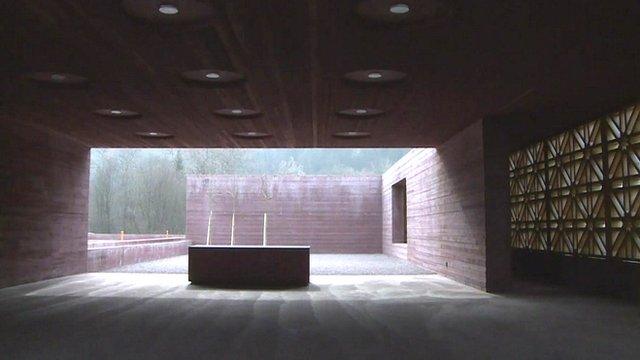
- Published19 September 2013
